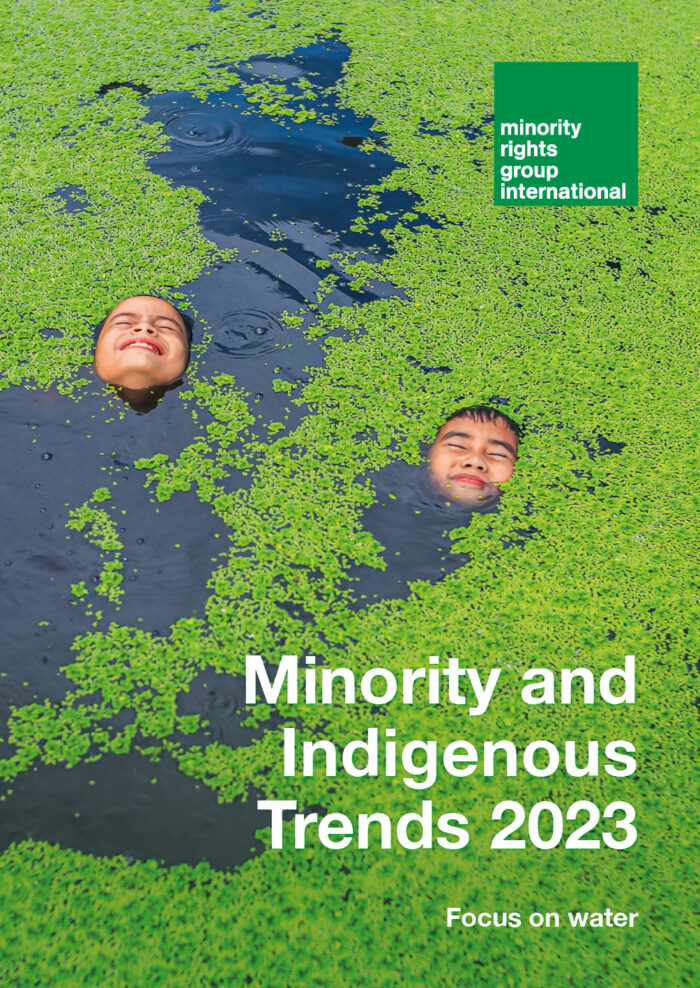Impact of the Global Water Crisis On Indigenous Peoples

water@leeds members have contributed to a special report on the impact of the global water crisis on indigenous peoples and other minorities worldwide.
Dr. Joshua Cohen, Dr Charlie Dannreuther and Dr. Markus Fraundorfer all from School of Politics and International Studies (POLIS) together with Amber Abrams from the Future Water Institute, University of Cape Town, have contributed to Minority and Indigenous Trends 2023: Focus on water (PDF), a special report on the impact of the global water crisis on indigenous peoples and other minorities worldwide.
The report starts with three lead chapters which discuss key themes of the global water crisis before delving into a series of specific case studies showcasing the challenges, injustices and uncertainties that the different aspects of the global water crisis (access to water, sanitation, drought, floods, conflict, etc.) present to indigenous peoples and minorities across the globe.
The team from POLIS led on one of the report's key chapters, entitled From kin to thing – the environmental and human death zones of European waters. This chapter argues that the water crisis is the result of the commercialization of water (water as a thing), an idea that originally emerged in Europe. It further discusses how this idea has been spread across the world by European empires and the state-centric international system, gradually marginalizing the ancient understanding of water as kin. This process gave rise to a global water-governance architecture that has entrenched the control of water through elaborate water infrastructures, such as canalization, sewage systems and hydropower dams. In this context, the chapter also argues that this modern water paradigm has major implications for today’s global water and refugee crises, transforming water into treacherous death zones for wildlife and humans alike.

Header Image by Alejandro Piñero Amerio from Pixabay
